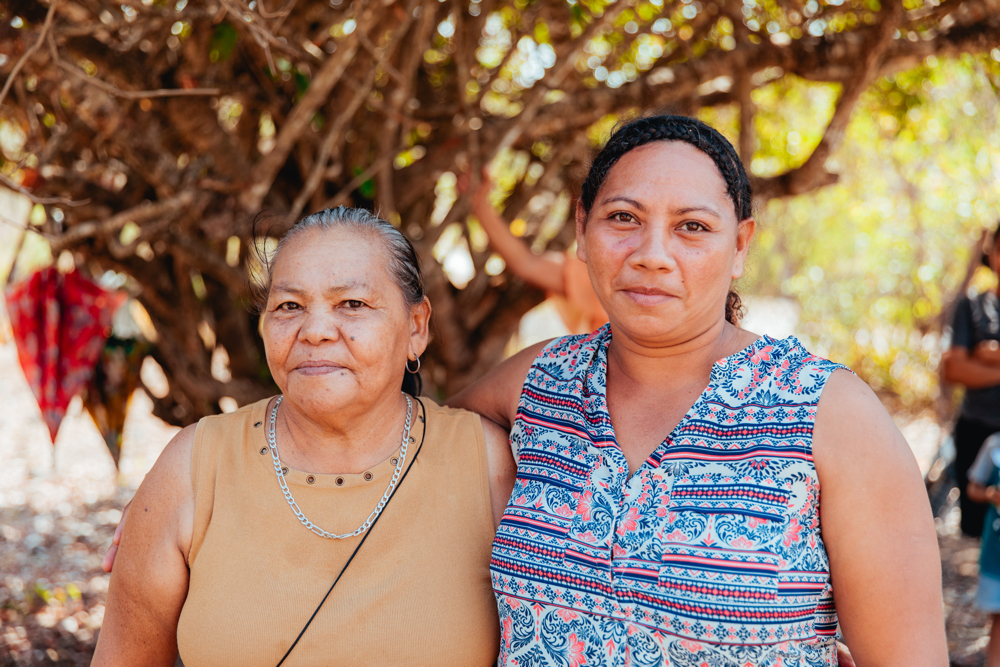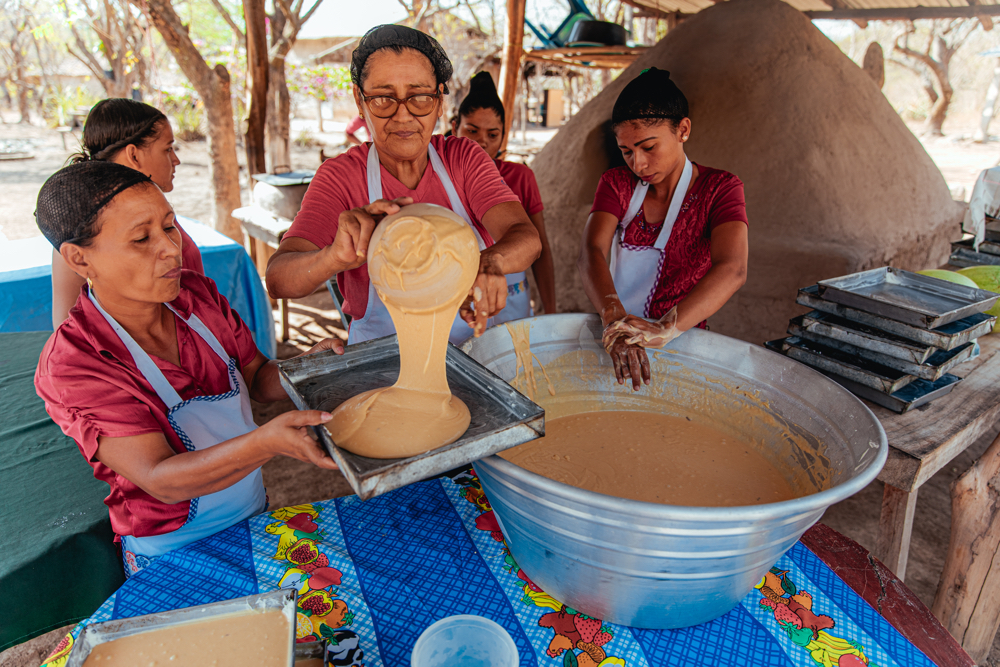Agroecology and Local Markets: Sources of Hope During the COVID-19 Pandemic in Latin America
By: Edwin Escoto, Regional Coordinator for Latin America & the Caribbean

In Latin America, centuries of intractable social inequality and the accelerating deterioration of ecosystems, which are rooted in the neoliberal economic “development” model, have dramatically exacerbated the impact of the COVID-19 pandemic. The situation has become so dire that the lives of millions now hang in the balance. These long-smoldering social and environmental crises demand urgent action if we have any hope of salvaging the project of civilization in much of the region.
Farming and social leaders agree that Latin America is currently facing an unprecedented crisis in small and medium-scale agricultural production, which is manifesting itself in growing food insecurity and poverty in the countryside, conflict, and permanent, forced migration of the region’s youth. The breakdown of rural communities and their diversified, local farming is caused, in large part, by a globalized corporate food system and free trade agreements that favor corporations and wealthy landowners over smallholder farm families.
Over the past three decades, agroecology has gained much attention as the basis for the transition from conventional agriculture and external-market oriented production to ecological, localized agriculture that cannot only provide rural families with significant social, economic, and environmental benefits, but can also sustainably and more equitably feed urban populations.
Agroecology has been shown to substantially boost agricultural production, increase agro-biological diversity, strengthen resilience and improve nutrition. Additionally, it often contributes to improvements in community infrastructure for sanitation, hygiene and health, as well as improved community dynamics and increased leadership opportunities for women and youth.
COVID-19 has been especially hard on vulnerable populations that struggle to feed themselves even during good times. In this crisis, often it has been small farmers who have stepped up to feed their communities. These short and direct farmer-to-consumer relationships have demonstrated many advantages over the long supply chains that characterize most modern food systems. We see in their positive example the urgent need to promote new local food systems that guarantee the production of and access to abundant, healthy food for all.

In this context, Groundswell International has placed increased emphasis on building locally owned and operated businesses and connecting farmers to local markets, which helps ensure their incomes while also securing the communities’ access to food amid the widespread supply chain disruptions caused by the pandemic.
In communities where our partner Vecinos Honduras works, there has been an influx of “coyotes”, which is the local term for the intermediary buyers of basic grains. Food shortages in urban centers has increased the number of coyotes searching for corn, beans, and other staples in rural communities. They offer farmers above-market prices, sometimes of up to 30%, for their produce and then sell for much higher prices in the surrounding cities.
Fortunately, many Honduran farmers have resisted selling to coyotes because they understand that securing their communities’ source of food is much more important than having a little more cash in their pockets. Farmers also know that the population in their communities will continue to increase in the coming months as people flee from the cities, and they want to be sure they have enough food to feed their relatives, friends and neighbors.
In addition to revealing the fragility of the just-in-time food system, the COVID-19 pandemic has shown light on exploitative trade and labor practices in Honduras and elsewhere. When the prevailing neoliberal economic model is operating smoothly, many farmers and other rural people from developing countries flock to urban centers in search of employment because they cannot make ends meet in their villages. In Honduras, cities where many maquiladora (foreign-based) companies have set up shop are called “seagull capitals”, because the corporations fly from country to country evading responsibilities with their workers. This model becomes unsustainable in times of crisis, like COVID-19, since they depend on open borders and free trade agreements.
As we see with each new crisis, there is also opportunity. The current pandemic is no exception. People who have returned to their communities – mostly young people under 30 years of age – have found in agriculture the opportunity to reintegrate into the economic and social fabric of the places where they grew up. This has had profound benefits at many levels:
- For themselves: the ability to produce their own food on their own land has helped salvaged and strengthen ancestral knowledge, for example, on the production and saving of local seeds. Also, young farmers are reclaiming their identities by innovating and diversifying ecological farm production using local resources and knowledge, launching new rural businesses, building new relationships that strengthen their communities, and participating in local savings and credit groups that help finance their farms and which also support local markets.
- For their families: having more people working the land in sustainable ways helps ensure the availability and access to healthy and diverse food, expands the knowledge base for solving problems, makes farming a multi-generational endeavor as it used to be, and highlights the contribution and role of women and youth in the family economy.
- For their communities: more farming families applying the best agro-ecological practices strengthens local food sovereignty and food security, helps restore the ecosystem, and contributes to a stronger local economy. It also strengthens the asset base of the communities when more people get involved in local savings and credit structures. And, finally, the integration of young people into the social dynamics of local organizations and politics makes the communities more dynamic.
COVID-19 has exposed the true face of neoliberalism and its consequences for people and the planet. Rather than trying to remake the old agenda, we should replace the existing paradigm with a new political and economic model centered around empowering and supporting individuals and communities in ecologically responsible ways. We are seeing glimpses of what sustainable local food systems can generate in the way of social, economic and environmental wellbeing. Now, regardless of where this pandemic takes us, we must embrace the path that has been revealed.
Groundswell looks forward to continuing to work with people and partners everywhere to create a new and better world for all from the ground up.
